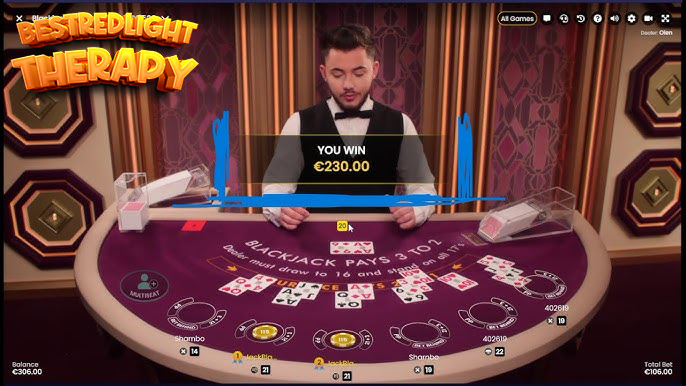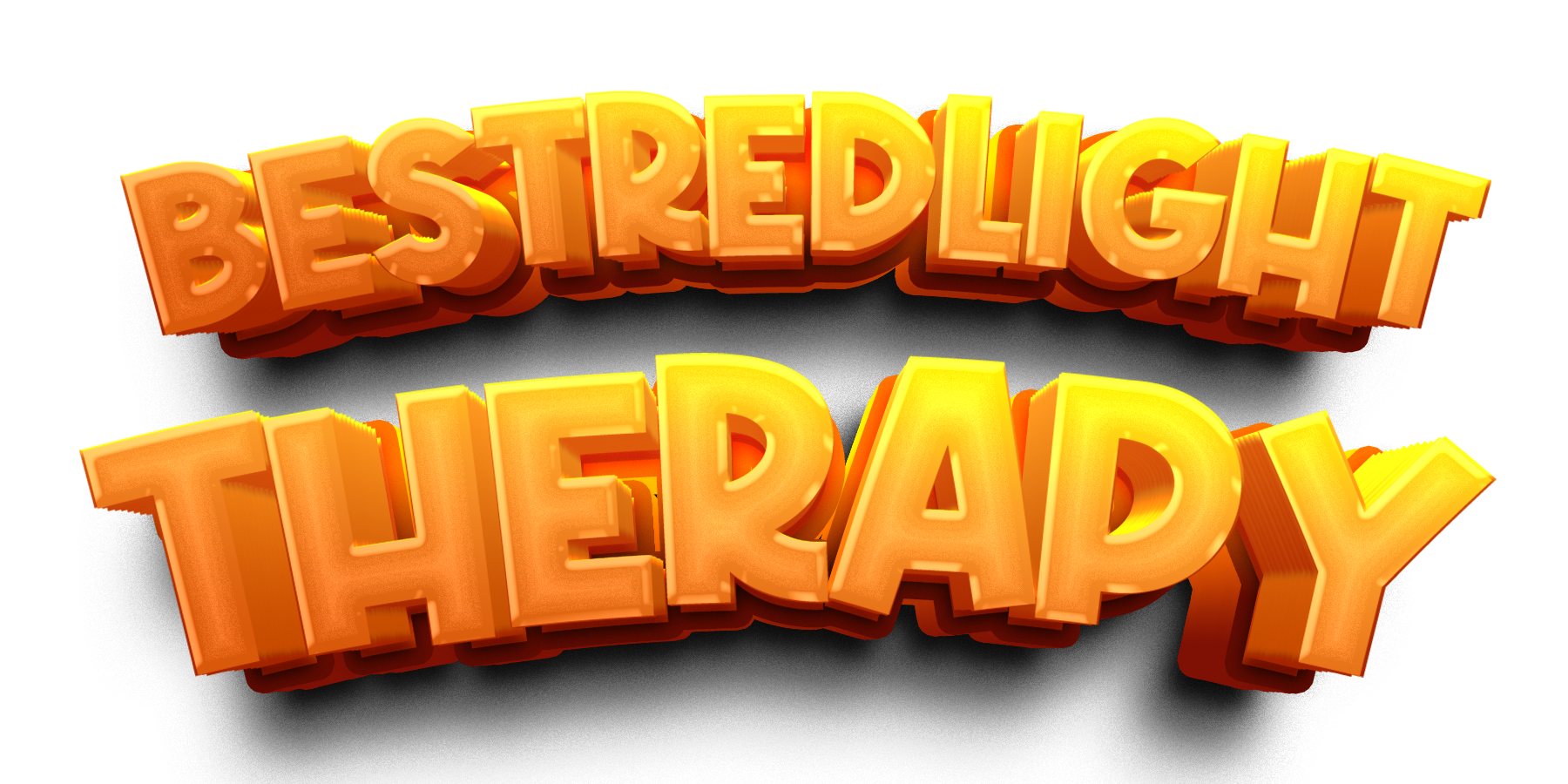
Is Playing Blackjack a Game of Skill or Luck?
Blackjack is one of the most popular casino games worldwide, found on the floors of every major casino and on nearly every online gaming platform. Its fast-paced gameplay, simple rules, and reputation for offering some of the best odds in the house have made it a favorite among beginners and seasoned players alike.
But a common question that often arises is: “Is blackjack a game of skill or a game of luck?” The answer, like the game itself, is more nuanced than it seems. In this article, we’ll break down the elements of luck and skill in blackjack, and explore how each contributes to the outcome of the game.

The Basics of Blackjack
Before diving into the debate, let’s briefly review how blackjack works.
Blackjack is a card game where the goal is to beat the dealer by getting a hand total as close to 21 as possible without going over (busting). Number cards are worth their face value, face cards (Jack, Queen, King) are worth 10, and Aces can be worth either 1 or 11, depending on which benefits the hand.
Each player is dealt two cards, as is the dealer (usually one face-up and one face-down). Players can then choose to “hit” (take another card), “stand” (keep their current hand), or use other options like “double down” or “split” depending on the cards dealt.
The Role of Luck in Blackjack
There’s no denying it: luck plays a significant role in blackjack. The order of the cards is entirely random (especially in online or properly shuffled games), and no one can predict with certainty what card will be dealt next.
Here are some examples of how luck affects the game:
-
Initial Deal: The first two cards you and the dealer receive are purely chance. You might get a natural 21, or you might start with a low hand like 4 and 6.
-
Hit or Stand Outcomes: Even with perfect strategy, sometimes hitting will cause a bust when you hoped for a better card. That’s luck at play.
-
Dealer’s Hand: You can play your hand perfectly, but still lose because the dealer draws a better hand. Again, this is out of your control.
In the short term, luck dominates blackjack. Over a few hands or even a single session, players may win or lose due to nothing more than the random fall of the cards.
The Role of Skill in Blackjack
Despite the strong presence of chance, blackjack is widely considered the most skill-based casino card game. That’s because decisions made by the player can significantly influence the outcome—especially over the long run.
Here’s where skill comes in:
1. Basic Strategy
There’s a mathematically optimal way to play every hand in blackjack, known as basic strategy. This strategy is based on the statistical probabilities of each possible outcome and tells you the best move (hit, stand, double down, or split) depending on your hand and the dealer’s upcard.
For example:
-
If you have a 12 and the dealer shows a 6, basic strategy tells you to stand.
-
If you have a 16 and the dealer shows a 10, strategy tells you to hit (even though it’s risky) because your chances of losing are already high.
Players who learn and consistently use basic strategy can lower the house edge from around 2% to as little as 0.5%, which is a huge advantage over time.
2. Card Counting
Advanced players can use skill-based techniques like card counting to track the ratio of high to low cards remaining in the deck. When more high cards (like 10s and Aces) are left, the odds shift slightly in favor of the player.
Card counters adjust their bets accordingly—betting more when the deck is “hot” and less when it’s “cold.” Though not illegal, card counting is frowned upon by casinos, and suspected counters may be asked to leave.
This form of advantage play turns blackjack into a game where skill can beat the house, at least temporarily.
3. Money Management
Skilled players use disciplined bankroll management strategies to avoid losing everything in a single bad streak. They set win/loss limits, bet consistently, and know when to walk away. While not affecting the cards, good money management is a skill that separates professionals from casual players.
Comparing Blackjack to Other Casino Games
Let’s compare blackjack to a few other popular casino games to better understand the skill-luck dynamic:
-
Slots: 100% luck. Players spin and hope for a win.
-
Roulette: Mostly luck. Though some betting strategies exist, players have no control over the ball.
-
Poker: High skill. Reading opponents, bluffing, and strategy matter just as much (if not more) than the cards dealt.
-
Blackjack: Balanced. Chance determines the cards, but strategy and decision-making can greatly improve odds.
The Long-Term Perspective
In the short term, blackjack is largely about luck. You can play perfectly and still lose due to an unlucky sequence of cards.
However, in the long term, skill begins to outweigh luck. Players who consistently use basic strategy, manage their bankroll, and even employ card counting techniques can significantly improve their odds and reduce losses. In rare cases, skilled players can even maintain a consistent edge over the casino.
Online vs. Live Blackjack: Does Skill Still Matter?
In online blackjack, especially RNG (random number generator) versions, skill still matters. Basic strategy and good decisions still apply. However, card counting isn’t feasible because the deck is shuffled after every hand.
In live dealer online games, where real cards are dealt and not shuffled after every hand, counting becomes more possible—though still difficult.
So yes, even in the online environment, skill continues to play a role, though perhaps less than in a live casino setting.
Conclusion: Skill and Luck Go Hand in Hand
So, is blackjack a game of skill or luck? The truth is, it’s both.
-
Luck decides what cards you’re dealt, what the dealer draws, and the short-term outcomes.
-
Skill determines how well you respond to those cards, how you manage your bankroll, and how disciplined your play is over time.
If you’re looking for a game where your choices matter and you can gradually improve your results, blackjack is one of the best options in the casino world. You may not be able to control luck, but with knowledge, practice, and skill, you can definitely tip the scales in your favor.


